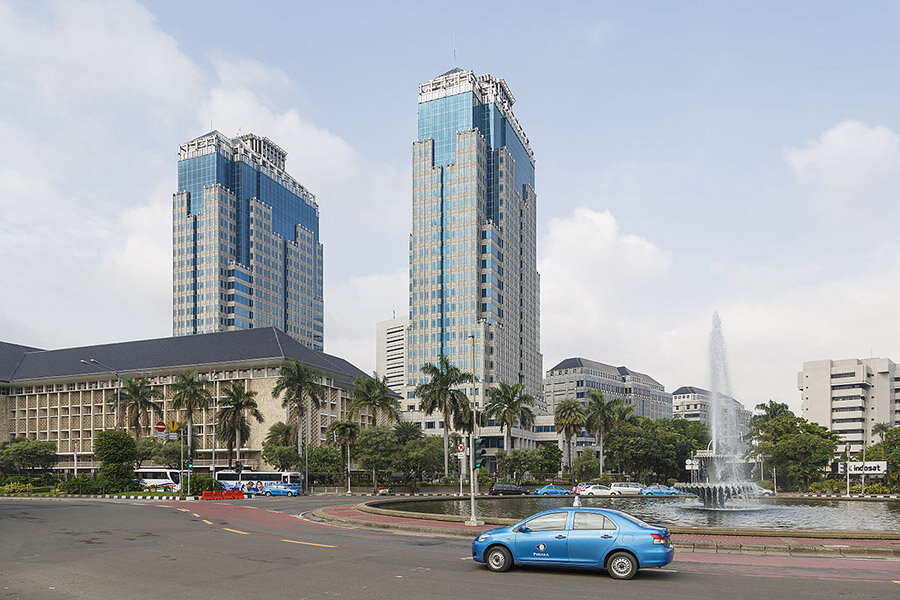Indonesia Tightens Visa Extension Rules for Foreign Nationals

Starting May 29, 2025, Indonesia has implemented new visa extension requirements for foreign nationals. The latest regulation mandates in-person visits to immigration offices for photo identification and interviews — a shift from the previous fully online process via the eVisa portal, as reported by the Immigration Directorate.
Stricter Controls in Response to Visa Violations
According to Yuldi Yusman, Acting Head of the Directorate, the move is aimed at reducing immigration violations and holding guarantors more accountable. Guarantors, whether individuals or companies, are legally responsible for the behavior and status of foreign residents.
Between January and April 2025, authorities recorded 2,201 administrative violations — a 36.7% increase from the same period in 2024. Additionally, 546 foreign nationals were suspected of abusing visa terms, and 215 companies were identified as inactive or illegitimate.
Yusman emphasized the decision followed a comprehensive review and aims to improve transparency and uphold legal standards.
Exceptions for Vulnerable Groups
Vulnerable individuals — including the elderly, pregnant women, persons with disabilities, and those in emergencies — will be able to complete the process via a “one-stop” immigration service. This includes document submission, payment, photo capture, and interviews.
Officials stress the importance of honesty during interviews, urging foreigners to provide accurate information to avoid delays or complications.
Digital Paradox: Bali Offers Online-Only Renewals
In contrast to the nationwide tightening, the island of Bali has simplified its visa extension process. Foreign tourists can now complete visa extensions entirely online or upon arrival at Bali Airport, with a fee of 500,000 IDR (~$32).
The digital visa (eVoA) also grants access to fast-track automated immigration gates at Bali and Jakarta airports. This simplification comes despite Bali’s ongoing issues with visa violations and foreign misconduct.
Bali still enforces strict codes: bans on profanity, illegal work, unlicensed driving, and improper attire. Tourists are urged to respect local customs, avoid littering, and use licensed accommodations. Authorities monitor both physical behavior and digital activity — in 2024 alone, 417 foreigners (including Russians, Australians, and Americans) were deported for various offenses.
Conclusion
Indonesia’s immigration policy is becoming increasingly dual-tracked. While enforcement and in-person procedures are expanding nationwide, Bali continues to develop digital services to support tourism.
This hybrid approach reflects the government's intent to balance national security with economic tourism goals. However, foreign nationals are strongly advised to stay informed and comply with all regulations to avoid severe penalties.
Подсказки: Indonesia, visa renewal, immigration rules, Bali, eVoA, expats, tourism policy, Southeast Asia, foreign travelers, visa control








